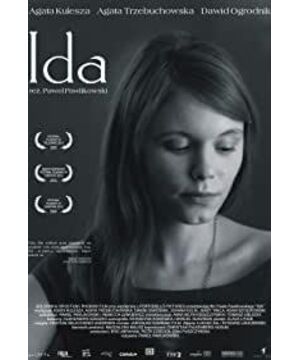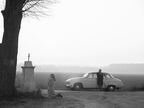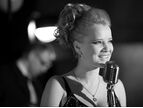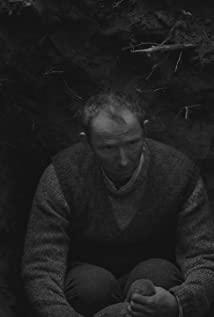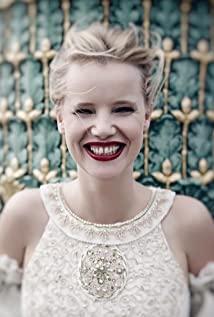In the 1960s, Poland experienced the Second World War, won the victory with the red regime, and entered the Cold War period. At that time, people carried the scars of history and the rough fate of the family. Especially a Jew like Ida who grew up in a Catholic monastery. She wanted to get to know her parents, to know what happened in the past. But my aunt knew that that dark history would engulf people like a flood of beasts.
Speaking of which, it is necessary for you to understand the history of anti-Semitism and anti-Semitism in Poland. Here I quote a description. As we all know, the Nazis committed heinous crimes against Jews in World War II, and only 1/12 of Polish Jews escaped. After the war was extinguished, their hopes of returning to their hometowns were also dashed. The government distributed its property, including land and houses, to the Poles. In order to avoid "returning the property to their owners", some Poles raised the butcher knife to the Jews who had just fled the war and hoped to return to their homeland. The Jews who survived the "twelve deaths and one life" under the influence of the Nazis have long lost their ability to resist. They have either fled to other places, or fled to the mountains and wilds to live in seclusion. From the late 1940s to the mid 1950s, the haze of "exclusion" lingered on the land of Poland, which had been extinguished by the war. "Some Poles with ulterior motives took over the atrocities of the Third Reich against the Jews under the cloak of democracy." From 1945 to 1946, there were at least 50 murders of Jews in Krakow and other places, all of whom were murdered. Holocaust survivors, murderers committed violence to prevent those Jews from returning home. All this contributed to two waves of Polish Jewish emigration abroad in 1945-1947 and 1956-1957.
The two heroines in the film are the victims and survivors of this history. How to accept the truth about the death of a loved one? The aunt, who is strong on the outside and has experienced changes in the world, seeks inner redemption in unexpected ways. And Ida, who gave up God for the first time in the world, finally understood who he was and what to do. At the end of the film, I like it very much. Ida is walking on the road with a firm expression and no turning back. The traffic and the road are gradually receding behind her.
View more about Ida reviews


